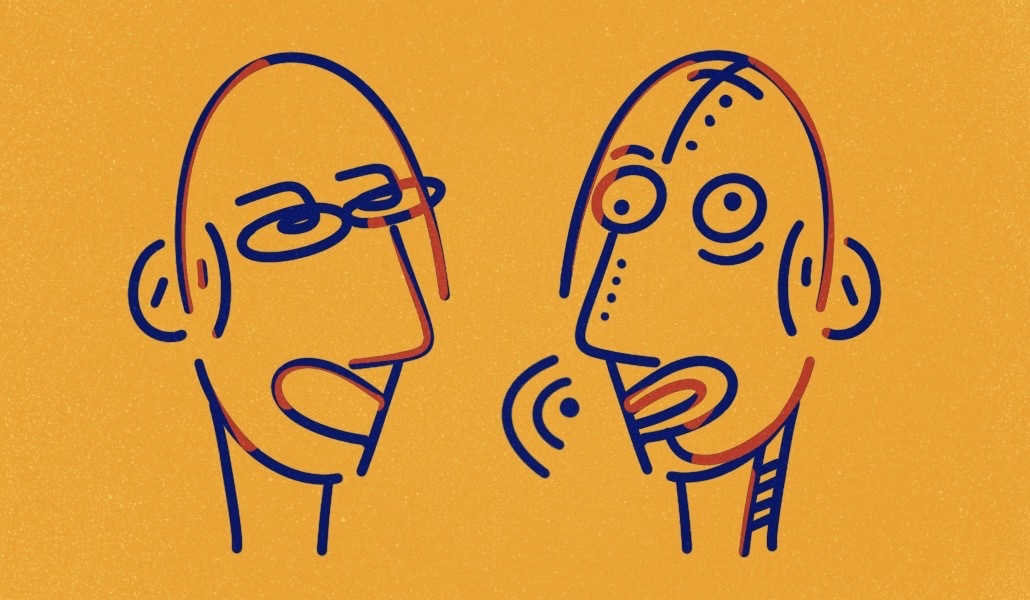Coco Gauff's unexpected collaboration with the Merriam-Webster dictionary has prompted hilarious reactions from tennis fans.
Gauff, who is on the hunt for her second Grand Slam title, is through to her maiden Australian Open semifinal. The American progressed to the last four by battling past Marta Kostyuk 7-6(6), 6-7(3), 6-2 in three hours and eight minutes.
Following her triumph, the social media handle for Merriam-Webster, the oldest dictionary publisher in the United States, posted a cryptic message, encouraging Coco Gauff's fans to look up the definition of the word 'love' on their website.
"If you’re a tennis fan and you’re still pumped about @CocoGauff beating Marta Kostyuk on Monday, you should look up the definition of ‘love’ on our website. Just saying…," Merriam-Webster posted on X (formerly Twitter).
Tennis fans promptly did just that, discovering a clip featuring the 19-year-old, where she read out the general definition of the word 'love' and its meaning as a score of zero in tennis.
After reading out both definitions, the World No. 4 joked:
"While I love being in love, I hate being at love."
Fans were amused by Coco Gauff's unique collaboration with Merriam-Webster, with several of them poking fun at her agent's apparent decision to secure the partnership.
"I think Coco's agent misunderstood her when she said she wanted to be [written] about in textbooks," a fan commented.
"Damnnn Coco's agent is WORKING," another fan chimed in.
Another fan was baffled by Osaka collaborating with a dictionary, describing her as "amazing" for the unconventional partnership.
"This is insane like who tf collabs with THE dictionary. She's amazing!" the fan posted.
Here are a few more reactions from fans:
"Aryna Sabalenka will be much tougher mentally...it’s going to be really tough for Coco Gauff to win the Australian Open SF" - Martina Navratilova
While Coco Gauff needed three closely contested sets to defeat Marta Kostyuk in the quarterfinals of the Australian Open, her semifinal opponent, Aryna Sabalenka, eased into the last four with a dominant 6-2, 6-3 win over Barbora Krejcikova.
With Sabalenka not dropping a set en route to the semifinals, Martina Navratilova opined that she was in a "much stronger" position heading into the blockbuster clash against Gauff.
The 18-time Grand Slam champion also expressed her belief that the Belarusian will be more mentally resilient in Melbourne, avoiding the pressure from the crowd that seemingly played a part in her defeat to Gauff in the 2023 US Open final.
Navratilova expressed doubt about the American's ability to claim victory in the semifinal, considering the defending champion's commanding run at the Major.
"I think Sabalenka will be much tougher mentally. I don’t think she'll let whatever happens to the crowd get to her the way she did at the US Open. Same time Coco not playing as well, particularly in this last match, so it’s gonna be a test of the mental fortitude more than anything," she said on the Tennis Channel.
"But the way Sabalenka’s been playing, I think it’s going to be really tough for Coco to win [the Australian Open SF] even though she’s been better in these stressful situations before," she added.
The winner of the match between Coco Gauff and Aryna Sabalenka will take on either Zheng Qinwen or Dayana Yastremska in the Australian Open final.






